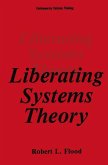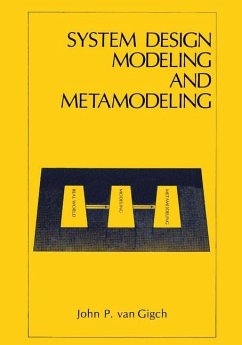One of the great challenges we face today is coming to grips with "forces of power/' in both theoretical and methodological terms, in a way that prepares us for action-action that is not totally subject to existing forces. The literature has some excellent theoretical accounts of power, but these say little about what we should do. Most often they are abstract and out of reach of all but a select few. In this book, however, we have a clear-cut account of power, ideology, and control that paves the way for practic- minded people to make a genuine attempt at tackling issues of power on both organizational and societal levels. John C. Oliga suggests a division between what he calls "objectivist," "subjectivist," and "relational" perspectives. With objectivism, he refers to theories that focus on power as capacities located in social structures. These tend to be either synergistic (e.g., Parsonian collective) or conflictual (e.g., Marxian conflictual view) theoretical orientations. With subjectivism he discusses theories that focus on power possessed by agents. With rela tional approaches he places theories that conceive power as a property of interaction among social forces.








